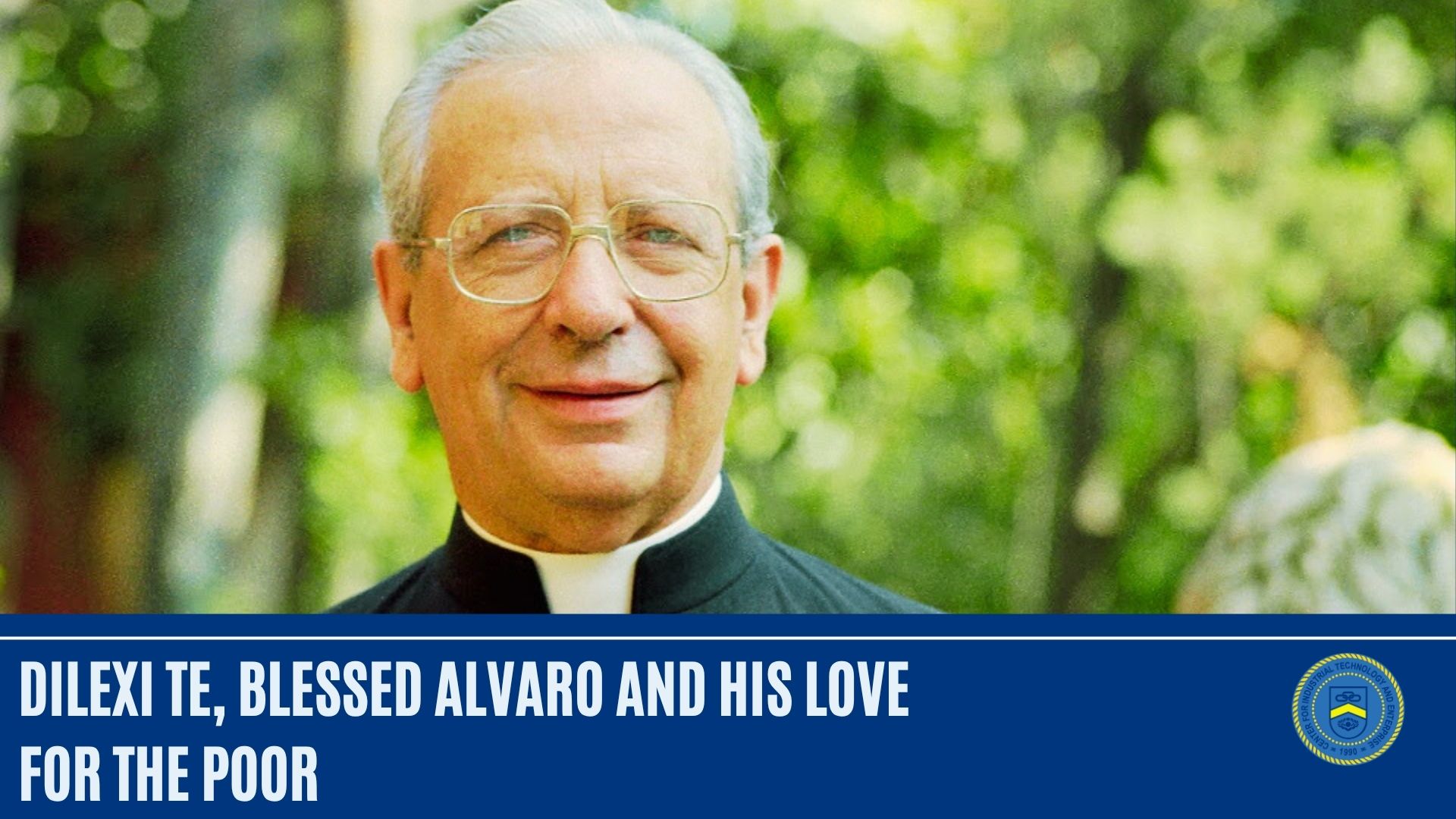“In a world where the poor are increasingly numerous, we paradoxically see the growth of a wealthy elite, living in a bubble of comfort and luxury, almost in another world compared to ordinary people… a culture persists that discards others without even realizing it.” (Dilexi Te 11).
As one read these words from the Apostolic Exhortation Dilexi Te of Pope Leo, one can easily recall the legacy and apostolic initiatives of Blessed Alvaro del Portillo during his first visit to the Philippines in 1987.
While passing through a road with humble dwellings of poor families, a sight which was a stark contrast to the palatial houses built on the sides of mountains nearby, Blessed Alvaro noticed this and told his children with him in the car that they should do something for the poor. Guided by the proverb –“it is better to help others by teaching them how to fish instead of giving them a fish for the day,” a proposal to put up a school for deserving youth from developing communities which will enable them to land good jobs in the region was set into action.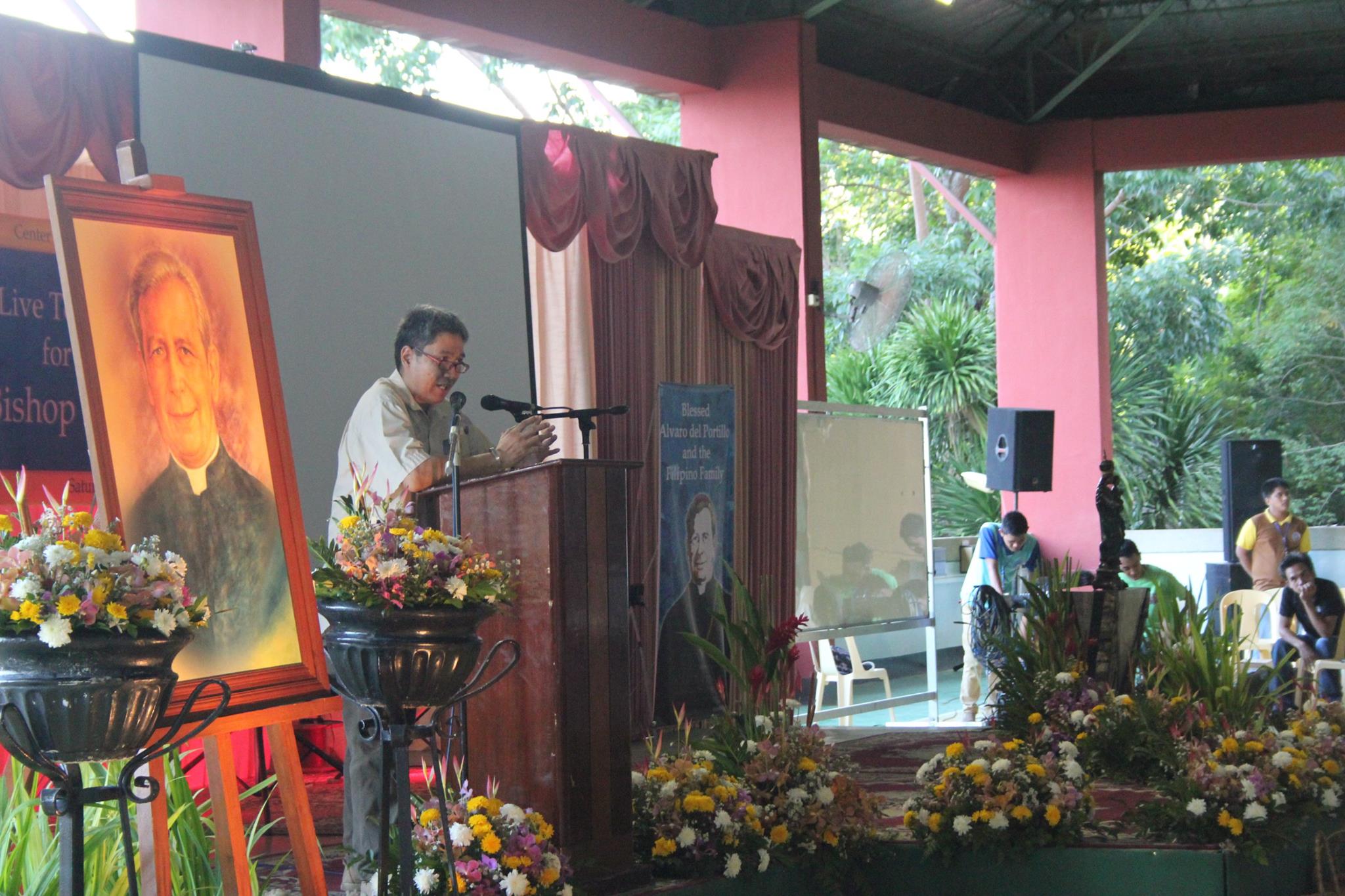
In 1991, (sic) CITE (Center for Industrial Technology and Enterprise) in Talamban Cebu opened its door to provide quality technical education for youth. The school was a collaboration with Centro ELIS a renowned technical training center for youth in the outskirt of Rome. Centro ELIS helped in the development of technical training curriculum and laboratory infrastructure to equip the young students with both theoretical and practical skills for their future jobs.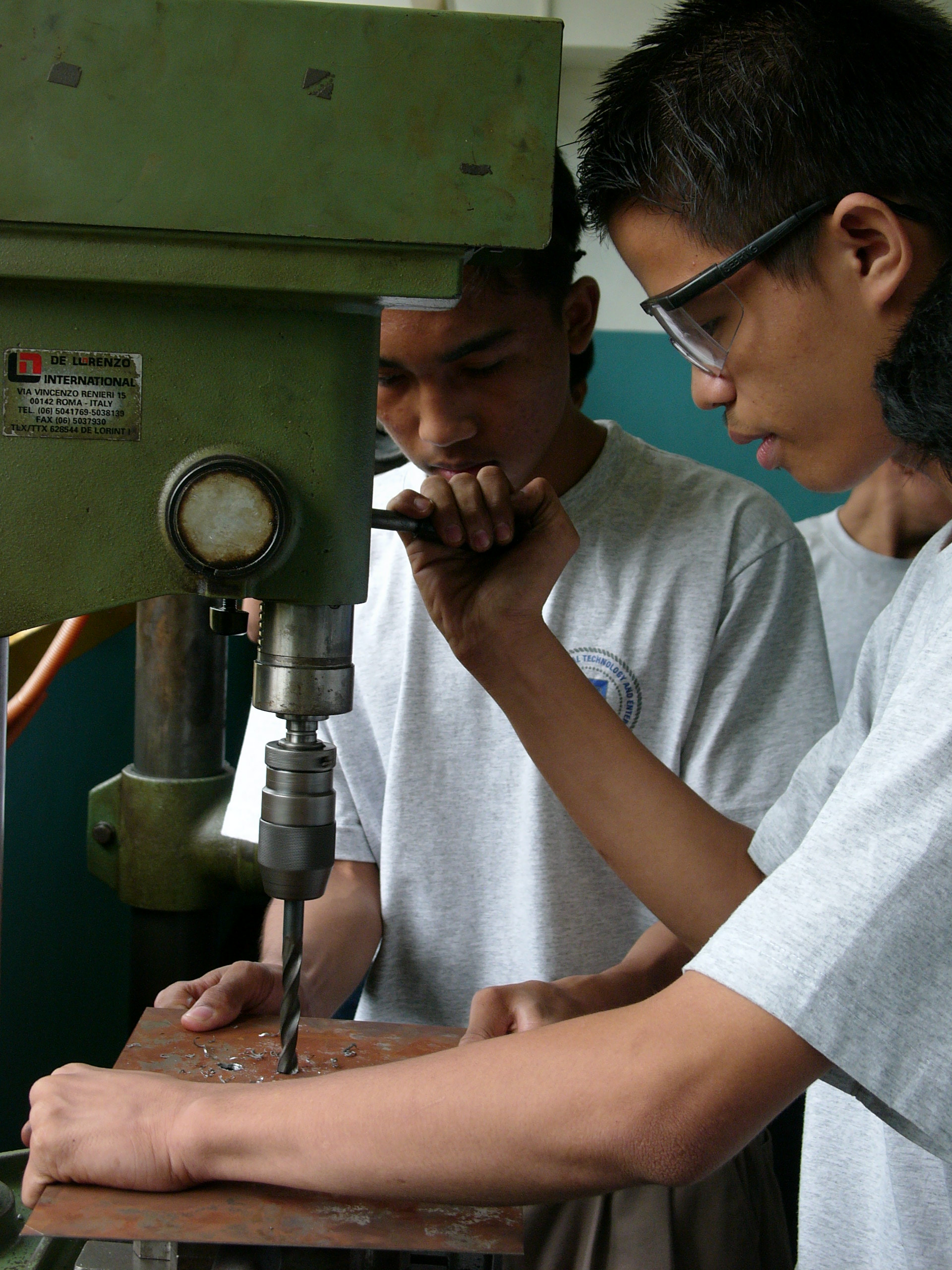
CITE was not built on good intentions alone- it needed significant resources to put up the buildings and acquire machines which will be used for hands-on training of technicians. Helping in these financial burdens and the scholarships of students is a group of generous local businessmen, government officials and families.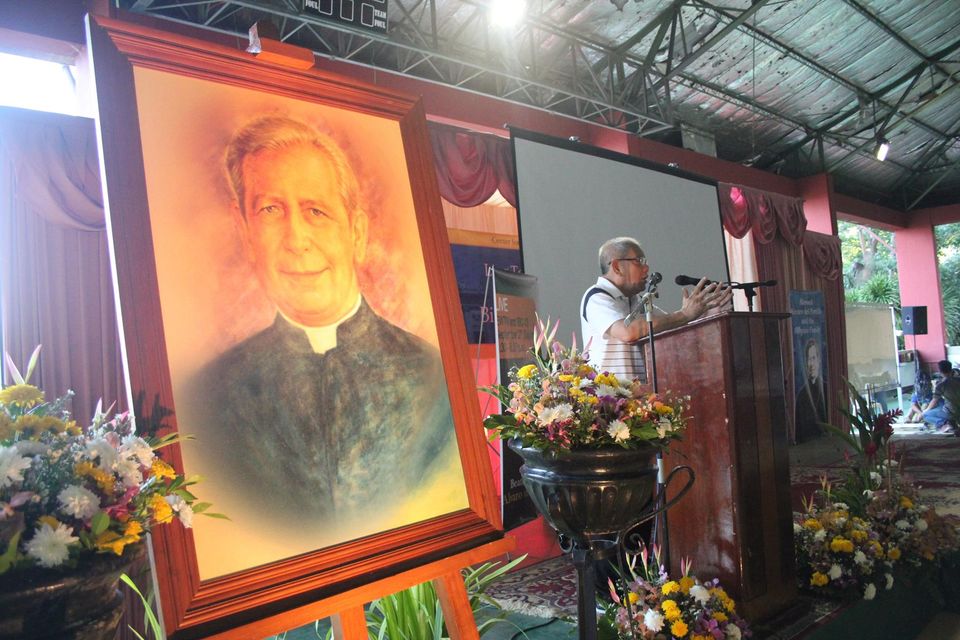
Local industries provided apprenticeship to the students and employment when they complete their course. Up to the present, these partnerships continue to create bridges between those with means and with those in need.
The school offered opportunities not just for the poor but even for those with some physical challenges. One of the first batch students of CITE was a teen with deformed fingers in his left hand. During the assessment for incoming students, he demonstrated that he can still do manual tasks with a rubber band in his fingers to grasp things and perform tasks using tools just like the others. His academic skills were very good and he was one of the first batch of graduates of the school. There were many other inspiring stories of students who achieved good livelihood for their families after they completed their courses while some even had the opportunity to work abroad.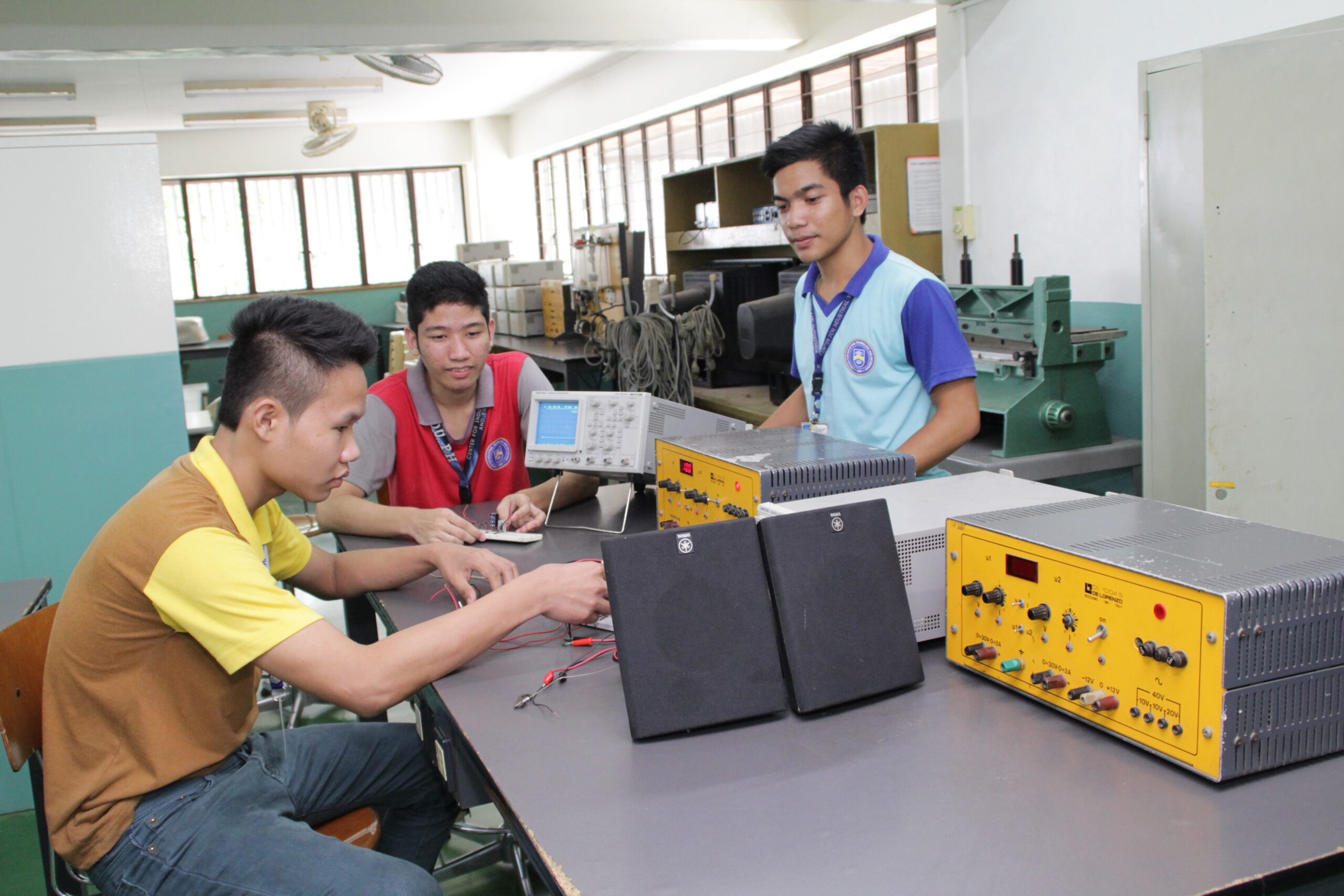
Students and their parents receive formation on family life, virtues and Catholic doctrine in CITE. The school has a nice chapel where students can spend time to pray. During the visit of former President – Corazon Aquino in 1992, she also found solace in this chapel and spent a few minutes of prayer inside. The formation which students received from the school extended beyond their time in school. It helped some of the students to discern their higher calling. At least eight CITE graduates have become diocesan priests in Cebu City. One was just ordained this year. There were also several graduates who saw the need to give back and help in the endeavors of the school for the poor and opted to teach in CITE.
Thirty-eight years have passed since that road trip which Blessed Alvaro took and saw the need to “something” for the poor in Cebu. That occasion is reminiscent of a point in The Way–by St. Josemaria. “Among those around you- apostolic soul- you are the stone fallen into the lake. With your word and your example you produce a first circle… and it another.. and another, and another … Wider each time. Now do you understand the greatness of your mission?” (The Way 381) .
In CITE, the circle of solidarity and concern for the poor continues to grow. As with Pope Leo and Blessed Alvaro we too have this call to do something for the poor.

